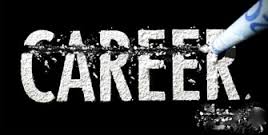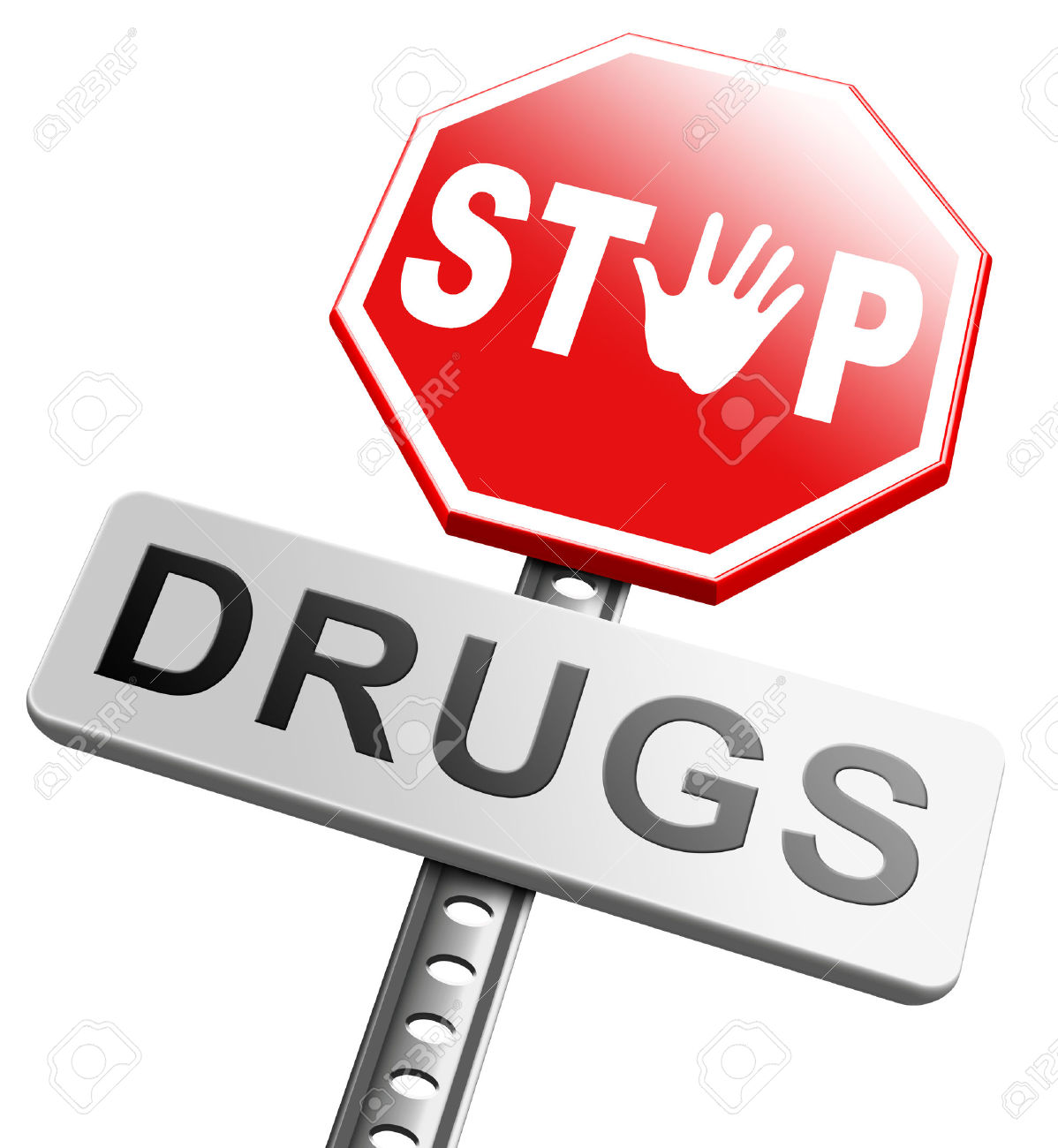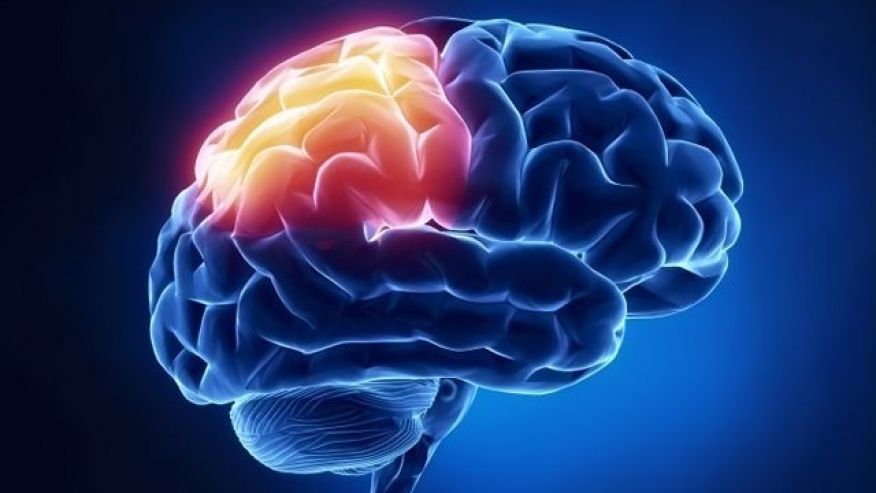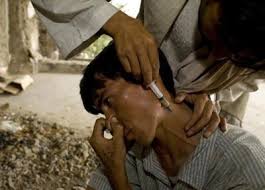Drug addiction complications and the brain activities
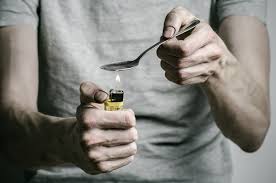
Drug addiction complications and the brain activities includes the sufferings that come from heroin and cocaine addiction as well
Drug addiction complications and the brain activities: What is drug addiction?
I believe that this is not the first time you are hearing of drug addiction. We are all affected by this in one way or another but for the purpose of those who may not know, drug addiction is a health condition that can be very chronic, often relapsing brain disease that causes compulsive drug seeking and use, despite harmful consequences to the drug addict and those around them. Drug addiction is also a brain disease because the abuse of drugs leads to changes in the structure and function of the brain. Although it is true that for most people the initial decision to take drugs is voluntary, over time the changes in the brain caused by repeated drug abuse can affect a person’s self-control and ability to make sound decisions, and at the same time create an intense impulse to take drugs.
Drug addiction complications and the brain activities: The effects of drugs on the brain
When drugs presence is registered in the brain, definitely there will be some changes that will take effect and it is because of these changes in the brain that makes it so challenging for a person who is addicted to stop abusing drugs. Even though these changes can cause serious complications in one’s life, the good news is that, from the various studies and confirmed scientific researches we now have positive treatments that help people to counteract addiction’s powerful disruptive effects and regain control. Doctor Akoury can now confirm that research findings have shown that combining addiction treatment medications, if available, with behavioral therapy is the best way to ensure success for the majority of the patients. According to the experts at AWAREmed Health and Wellness Resource Center, treatment approaches that are tailored to each patient’s drug abuse patterns and any concurrent medical, psychiatric, and social problems can lead to sustained recovery and a life without drugs which is the desire of all users and even to their loved ones.
Finally as we come to the end of this discussion, doctor Akoury reiterates that just like with other chronic diseases like for instance diabetes, asthma, or heart disease, drug addiction can be managed effectively with the right professionals being involved. However, it must be noted that whereas drug addiction is manageable, it must also be appreciated that it is not uncommon for a person to relapse and begin abusing drugs again after a successful treatment. Nonetheless even as this possibility is a point of concern it must be noted that relapse is a common occurrence in the recovery process and must not be construed to suggest or signal an element of failure; rather, it indicates that treatment should be reinstated or adjusted, or that alternate treatment is needed to help the person regain control and recover.
That is why when you are seeking for treatment, you must be careful enough to land only into the offices of real addiction professionals like doctor Dalal Akoury (MD) a veteran addiction expert of over two decades now. Doing this will guarantee your assurance of total recovery from the scourge of addiction. You can therefore schedule for an appointment with doctor Akoury today for the assurance of elimination of drug addiction in your life permanently.
Drug addiction complications and the brain activities: What is drug addiction?
http://www.awaremednetwork.com/


